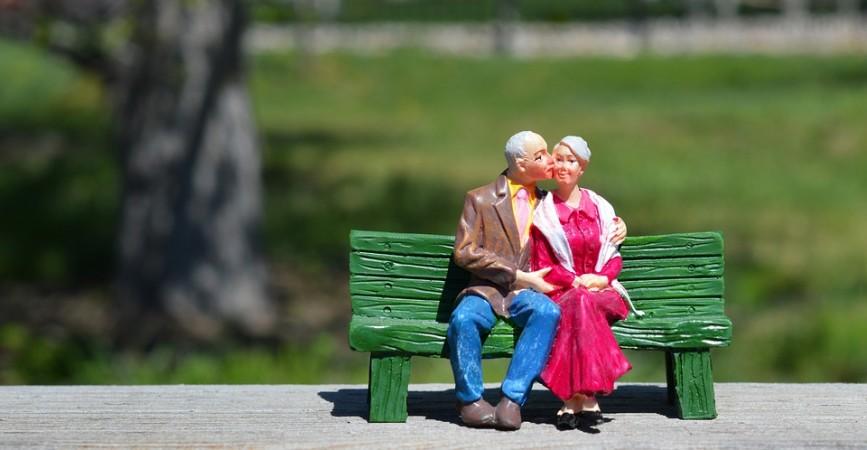Around 75 per cent or three quarters of people above 60 years in India suffer from some chronic disease, according to the wave one of the Longitudinal Ageing Study in India (LASI).
According to the health report, around 40 per cent of the aged people have some form of disability while 20 per cent suffer from mental health issues. Nearly, 27 per cent of this population group, which translates to roughly 35 million people, further develops multi-morbidities.
Data of the world's largest study on the elderly people was released by the health ministry on Wednesday.

Scientific research into ageing and adult health
According to a statement by the Health Ministry, LASI's Wave 1 field survey was conducted across 35 states and Union Territories from April 2017 to December 2018.
Citing the 2011 Census report, Union Health Minister Harsh Vardhan stated that people above 60 years accounted for 8.6 per cent of India's population, which estimates to nearly 103 million elderly people. Growing at around 3 per cent annually, the elderly population will rise to 319 million in 2050, he predicted.
"This report will provide a base for national and state-level programmes and policies for the elderly population," he was quoted as saying in a health ministry statement.
The National Programme for Health Care of Elderly and the Ministry of Health and Family Welfare have undertaken the Longitudinal Ageing Study of India, through International Institute for Population Sciences, (IIPS), Mumbai in collaboration with Harvard School of Public Health, University of Southern California, United Nations Population Fund and National Institute on Ageing, the statement said.
"It is India's first and the world's largest-ever survey that provides a longitudinal database for designing policies and programmes for the older population in the broad domains of social, health, and economic wellbeing," Vardhan said.
Burden of chronic diseases among elderly
The ministry said that LASI, Wave 1, covered a baseline sample of 72,250 individuals aged 45 and above and their spouses. This included 31,464 people aged 60 and above and 6,749 aged 75 and above from all states and Union territories, excluding Sikkim.
The survey used bio-markers based on direct health examinations to estimate the prevalence of chronic health conditions, including hypertension, visual impairment, overweight or obesity or under-nutrition and chronic respiratory diseases, the ministry said.

It was found that nearly three-quarters of those 60 and above who were diagnosed with chronic conditions have been treated for hypertension (77 per cent), chronic heart diseases (74 per cent), diabetes mellitus (83 per cent), chronic lung diseases (72 per cent) and cancer (75 per cent). More than half the elderly have been treated for stroke (58 per cent) and bone or joint diseases (56 per cent) whereas the treatment rate for neurological and psychiatric diseases is 41 per cent.
The findings also noted that the treatment rate for all chronic health conditions among the elderly population is higher in urban areas.
Lastly, the survey stated that social security coverage is significantly higher in smaller Indian states and UTs where people are mostly engaged in full-time jobs and in public sector units. Meanwhile, north, east and central Indian states have almost negligible social security coverage.







!['Lip lock, pressure, pyaar': Vidya Balan- Pratik Gandhi shine in non-judgmental infidelity romcom Do Aur Do Pyaar [ Review]](https://data1.ibtimes.co.in/en/full/797104/lip-lock-pressure-pyaar-vidya-balan-pratik-gandhi-shine-non-judgmental-infidelity-romcom.jpg?w=220&h=138)








